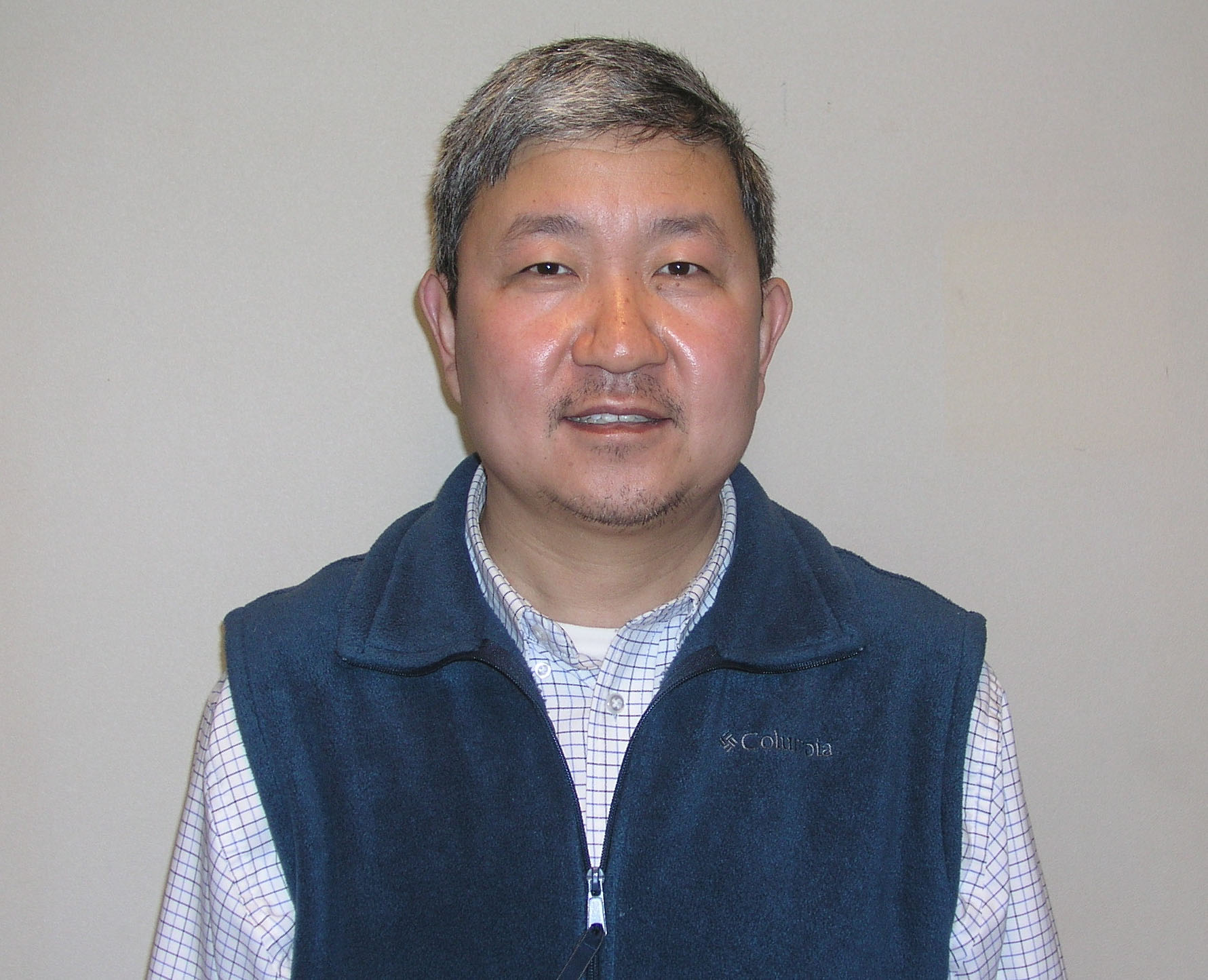Xinwei Wang, professor of mechanical engineering, received the inaugural Viskanta Fellowship honor from Purdue University for his advanced research in the field of thermal science.
As a Viskanta Fellow, Wang will spend one week at the Purdue campus in West Lafayette, Indiana. During his visit, he will meet with faculty, post-doctoral scholars, and graduate students, as well as present a one-hour lecture.
Wang’s lecture will cover three areas of his current research. The first will be about advanced and novel technology development and characterization of thermophysical properties of micro- and nanoscale materials. He will explain several new techniques that he created for measuring very small materials.
The second part of his lecture will discuss nano and atomic probing of optical, thermal, and mechanical fields during laser-assisted nanomanufacturing. This deals with measuring the temperature of areas less than 60 times smaller than a single strand of hair—smaller than one micro.
“Not many people can do that,” said Wang. “It’s very challenging, and it’s very exciting.”
The final area of research in Wang’s lecture will focus on his promising applications of micro- and nanoscale thermal science in biomedical diagnostics and imaging. He will discuss his latest findings in breast cancer detection through the thermal conductivity of hair.
Wang will also present results from ultra-sensitive DNA hybridization diagnostics using a new concept called dynamic thermal structure (DTS) sensing.
The Viskanta Fellowship is named for Raymond Viskanta, a distinguished professor of engineering at Purdue University. The honor is chosen by peers in the thermal science field and goes to domestic and international candidates who show abilities to perform independent and innovative research in the field of thermal sciences.
Because he is trying to expand the application of thermal science to a broader scope, Wang is looking forward to visiting with various research teams at Purdue. “I want to see if there’s any chance I can collaborate with them to extend their research or my research,” he said.
Wang was notified of his award in February and was very honored to have his work recognized by people in his area of research. He is happy to return to his alma mater, Purdue University, where he received a PhD from the School of Mechanical Engineering in 2001.
